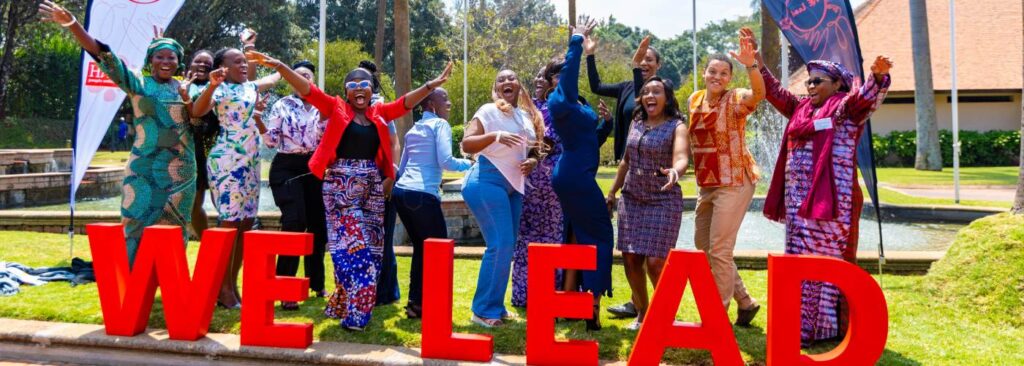Climate change is already having an impact on agriculture with severe implications for food security, according to a new report by the Food and Agriculture Organization (FAO).
The report “The State of Food and Agriculture: Climate Change, Agriculture and Food Security” states that smallholder agriculture, which is predominant in Zambia, is particularly vulnerable to climate change risks and impacts – with rural women being the most vulnerable.
According to the report, unless action is taken now to make agriculture more sustainable, productive and resilient, climate change impacts will seriously compromise food production in countries and regions that are already highly food insecure.
In Zambia, maize is the primary staple crop, and over 90 percent of smallholders rely on it for food security and income. As with other countries in the region, maize dominates production.
Maize is referred to as a ‘politicised crop’ because of government interventions to support it. Zambia’s government has promoted maize more than other crops such as cassava, millet and sorghum. Since 2007, it has spent on average eighty percent of its agricultural budget supporting the production of maize and procurement of fertilizer through its Farmer Input Support Programme (FISP), and has provided price support through the Food Reserve Agency (FRA). This policy has essentially hampered progress on nutrition.
The Zambian diet is mainly composed of cereals, predominantly maize, starchy roots and, to a lesser extent, fruit and vegetables. Cereals provide almost two-thirds of the dietary energy supply.
According to the National Food and Nutrition Commission (NFNC), one of the major causes of malnutrition is the mono diet practice. The culture of mono diet is born from mono cropping food production, which is heavily slanted towards maize. Hunger, undernourishment, and malnutrition rates for Zambia are reported in the Global Hunger Index 2016 as being extremely high and among the highest rates in the world, ranking Zambia second from the bottom.
To complicate matters, much of the maize grown in Zambia is rain fed, making it vulnerable to climatic shocks such as drought. Reliance on rainfall increases the vulnerability of maize systems to climate variability and change.
A combination of a consistent decline in maize production due to decreased precipitation, inadequate production of alternative staple crops, climatic shifts, and poverty is contributing to widespread food insecurity in Zambia. According to UNDP, within the last 20 years, prolonged dry spells and shorter rainfall seasons have reduced maize yields to only 40% of the long-term average. Furthermore, the culture of monocropping is dimishing the diversity of foods on the Zambian plate.
Against this background, investment in sustainable food diversity is urgently needed to combat hunger and micronutrient deficiencies. A sustainable food-based strategy can help to combat hunger, malnutrition, poverty and climate change at the same time.
According to the FAO, diversification and better integration of food production systems into complex ecological processes create synergies with the natural habitat instead of depleting natural resources.
In order for food producers to access the know-how needed for climate change adaptation, and to be able to sell the products of their diversification activities, it will be even more important, now with climate change, to create solid links between smallholders and local, national and regional markets.
Hivos Southern Africa is currently working in Zambia to foster a radical rethinking of food production and consumption that recognises ecosystems as the foundation of societies and economies.




